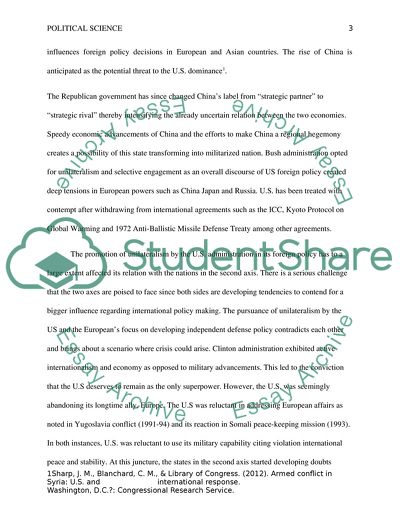Cite this document
(Political Science of International Relations Essay Example | Topics and Well Written Essays - 1500 words - 2, n.d.)
Political Science of International Relations Essay Example | Topics and Well Written Essays - 1500 words - 2. https://studentshare.org/politics/1871209-critical-thinking
Political Science of International Relations Essay Example | Topics and Well Written Essays - 1500 words - 2. https://studentshare.org/politics/1871209-critical-thinking
(Political Science of International Relations Essay Example | Topics and Well Written Essays - 1500 Words - 2)
Political Science of International Relations Essay Example | Topics and Well Written Essays - 1500 Words - 2. https://studentshare.org/politics/1871209-critical-thinking.
Political Science of International Relations Essay Example | Topics and Well Written Essays - 1500 Words - 2. https://studentshare.org/politics/1871209-critical-thinking.
“Political Science of International Relations Essay Example | Topics and Well Written Essays - 1500 Words - 2”. https://studentshare.org/politics/1871209-critical-thinking.


